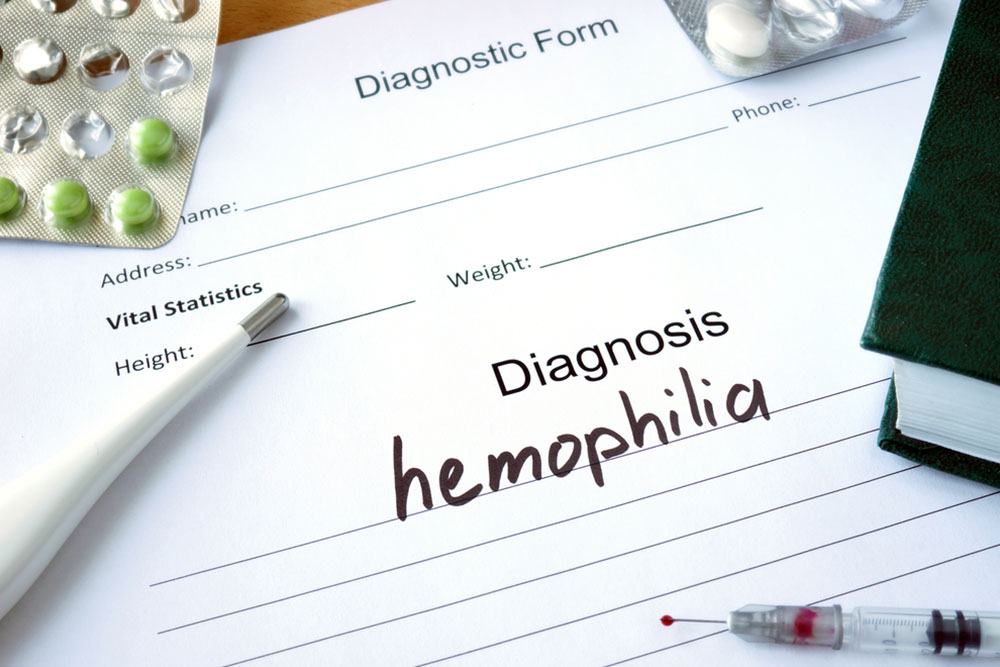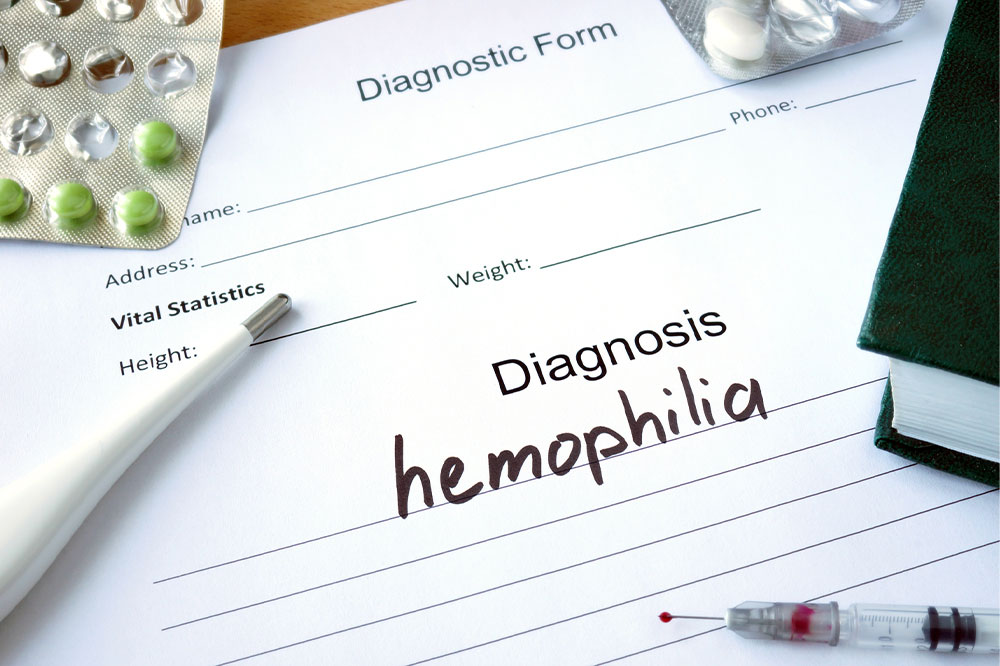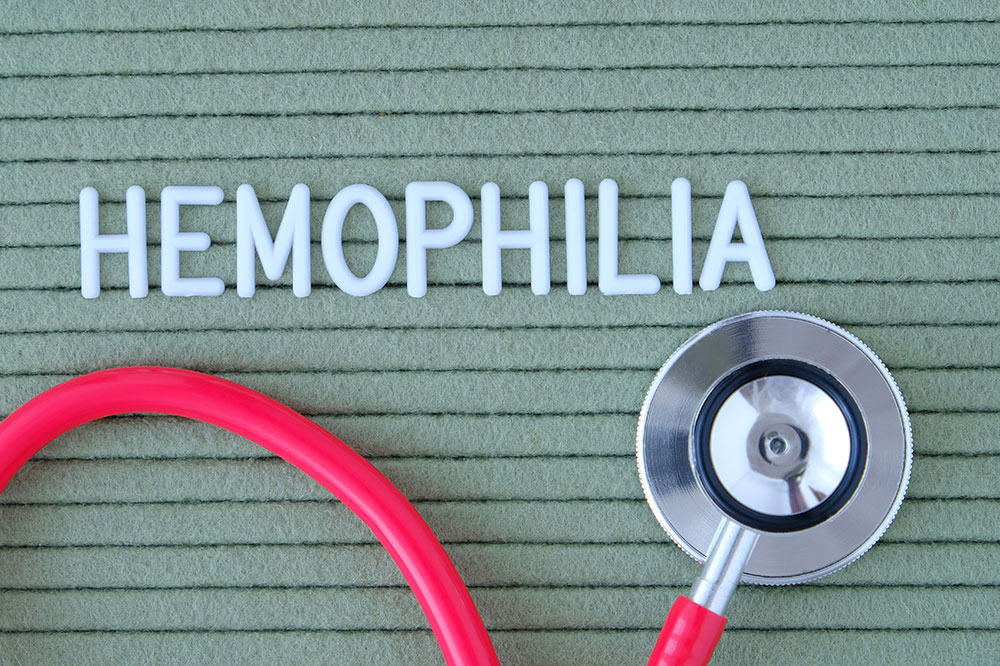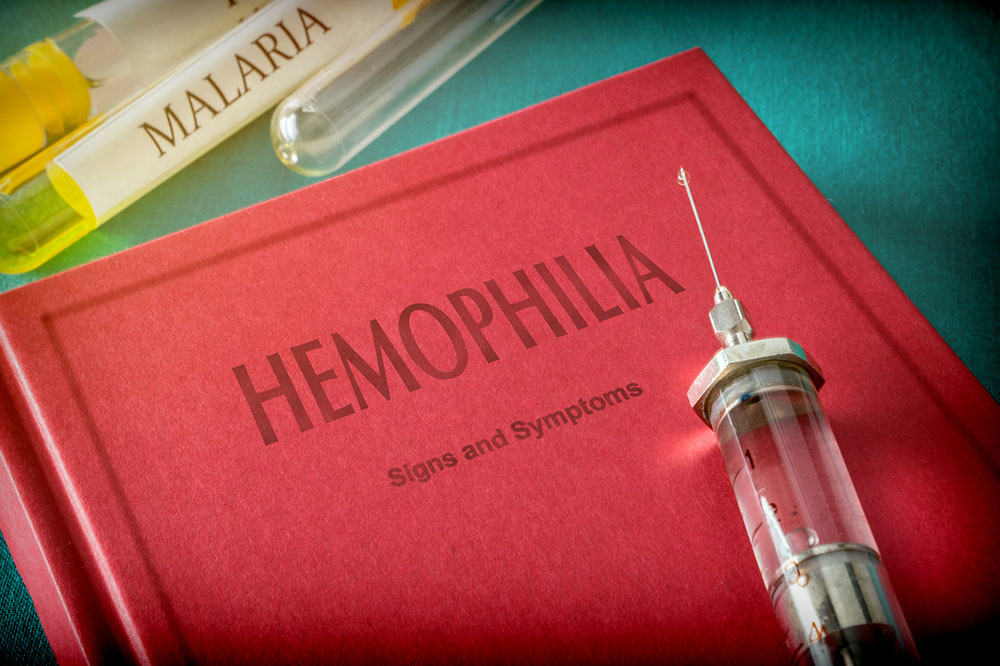Effective Strategies for Managing Hemophilia and Its Symptoms
This article outlines effective methods for managing hemophilia, including treatment options like recombinant factor VIII and medications such as Hemlibra® and Kovaltry®. It emphasizes dietary tips, lifestyle adjustments, and precautions to reduce bleeding episodes. Regular medical checkups and safe exercise routines are essential for living well with hemophilia. Patients should always seek professional medical guidance for personalized care and management of this hereditary bleeding disorder.

Effective Strategies for Managing Hemophilia and Its Symptoms
Hemophilia is a hereditary bleeding disorder where blood does not clot properly, leading to prolonged bleeding episodes. Individuals with this condition may experience spontaneous bruising and bleeding after minor injuries, surgeries, or even without apparent cause. Internal bleeding can also occur, affecting joints, muscles, or vital organs. This article explores key methods to manage hemophilia effectively:
Treatment Options
Recombinant Factor VIII (8) Concentrate
This is the primary treatment to compensate for missing clotting factors, restoring normal blood clotting. Since 1992, genetically engineered recombinant products have replaced plasma-derived options, reducing infection risks.
Hemlibra®
It acts by mimicking function of factor VIII rather than replacing the missing component directly. Administered via injection, it enhances clotting efficiency in hemophilia A patients.
Kovaltry®
Designed for both children and adults, Kovaltry replenishes the deficient clotting factor, decreasing bleeding frequency and used post-surgery for better management.
Dietary Recommendations
Hemophilia patients should emphasize fruits and vegetables, especially dark leafy greens such as spinach, broccoli, kale, and bok choy, along with fruits like strawberries, pears, and apples. Including calcium and iron-rich foods like orange juice, lean meats, fortified cereals, raisins, and apricots is beneficial.
Foods to Limit or Avoid
Avoid greasy, fried foods, sugary snacks, soft drinks, and candies, due to saturated fats and sugar content. Fish oil and vitamin E supplements may interfere with clot formation and should be avoided, alongside herbs like ginger, garlic, ginseng, willow bark, ginkgo biloba, and feverfew, which can exacerbate bleeding risks.
Living with Hemophilia
Regular low-impact exercises, protective gear, and cautious activity can minimize bleeding episodes. Avoid NSAIDs and blood thinners, maintain good dental habits, and undergo routine screenings for infections like HIV and hepatitis, as advised by healthcare professionals.
Note:
The information provided in this article is meant for educational purposes only and should not replace professional medical advice. Always consult healthcare providers for personalized treatment and management strategies.










